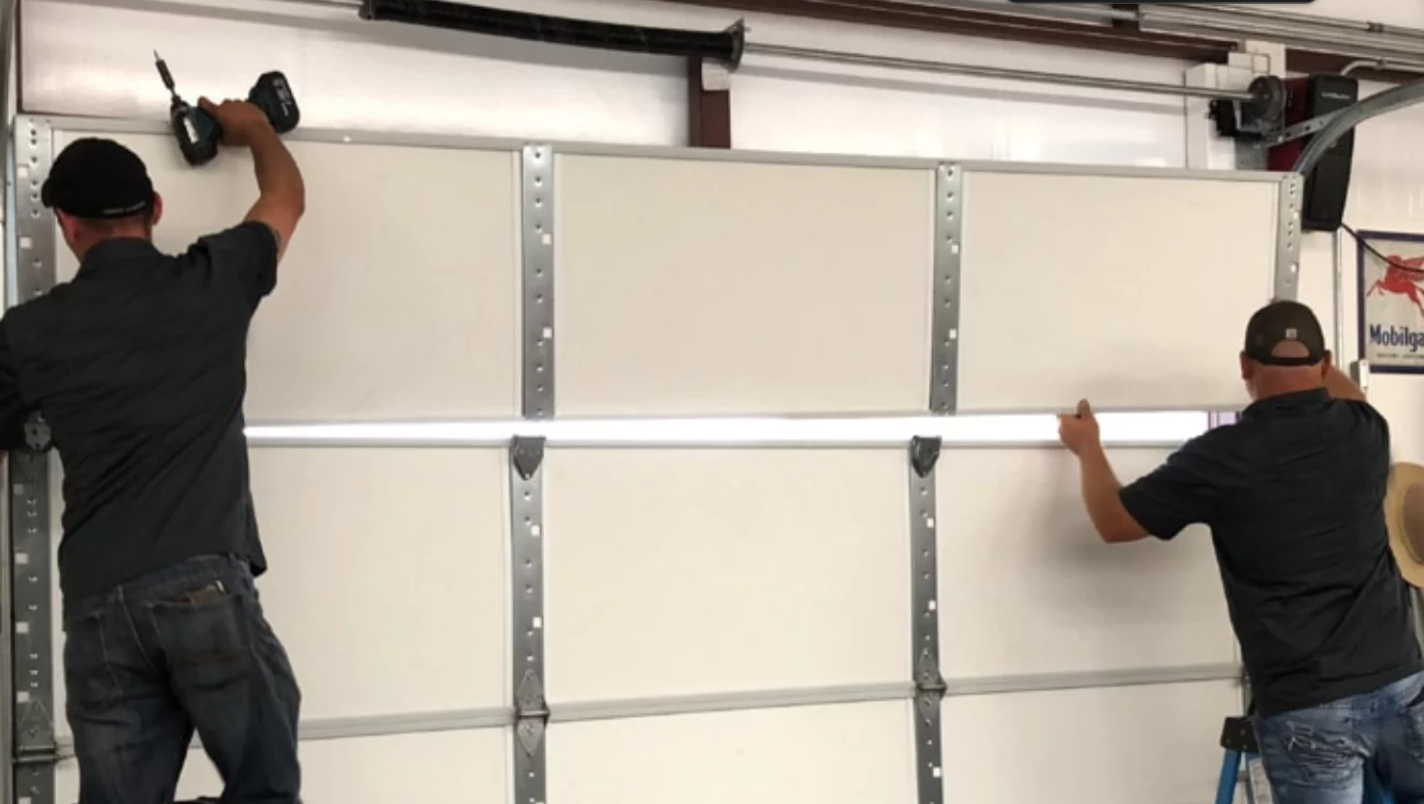Choosing the Perfect Garage Door Material for Your Replacement
- COMMERCIAL GARAGE DOOR REPAIR
- GARAGE DOOR OPENER INSTALLATION
- GARAGE DOOR SPRING REPAIR
- SAME-DAY GARAGE DOOR REPAIR
- CUSTOM GARAGE DOOR
- GARAGE DOOR OPENER REPAIR
- GARAGE DOOR TRACK REPAIR
- GARAGE DOOR CABLE REPAIR
- GARAGE DOOR PANEL REPAIR
- LOCAL GARAGE DOOR REPAIR
- GARAGE DOOR REPLACEMENT
- NOISY GARAGE DOOR FIX
- GATE REPAIR
- GARAGE DOOR INSTALLATION
- GARAGE DOOR SECTION REPLACEMENT
- OVERHEAD GARAGE DOOR REPAIR

Choosing the Perfect Garage Door Material for Your Replacement
Planning a garage door replacement but unsure which material to choose? This decision matters more than you think. The right material doesn’t just affect your garage’s appearance but also influences durability, maintenance, and cost. Whether you use your garage to park your car, store belongings, or as an entryway into your home, picking the right door material is essential.
This guide will walk you through three popular garage door materials, their pros and cons, and how they fit different needs, making it easier for you to decide on the best option.
Why the Material of Your Garage Door Matters
When it comes to garage door replacement, the material plays a key role. Here’s why it matters:
- Durability: A quality garage door material determines how long it will withstand daily use and weather exposure.
- Maintenance: Some materials require high upkeep, while others are nearly maintenance-free.
- Aesthetic Appeal: The material contributes to your home’s curb appeal and style.
- Insulation and Energy Efficiency: Certain materials provide better insulation, keeping your garage temperature stable and saving energy.
Now, let’s look at three material options and their unique advantages and disadvantages.
Wood Garage Doors
Pros:
Wood garage doors offer a timeless and classy look. They bring warmth and natural beauty that works well for traditional and rustic-style homes. They are fully customizable, making it easy to match your exterior.
Cons:
The downside? Wood requires regular maintenance. It needs staining or painting to maintain its appearance and to prevent rot, warping, or cracks. Wood garage doors can also be more expensive compared to other materials.
Steel Garage Doors
Pros:
Steel is one of the most popular materials for garage door replacements because of its durability and affordability. They’re lightweight, resistant to dents in high-strength versions, and available in various finishes, including ones that mimic wood. Insulated steel doors also have excellent energy efficiency.
Cons:
While durable, steel can rust if not properly coated or if scratched. You’ll also want thicker steel to avoid denting if you live in areas with kids or frequent storms.
Aluminum Garage Doors
Pros:
Aluminum garage doors are lightweight and resistant to rust, making them a great choice for coastal homes. They’re generally more affordable than steel and can be customized with modern designs.
Cons:
However, aluminum may lack the durability of steel, making it less ideal for harsh weather conditions. It’s also prone to dents and offers limited insulation.
What’s the Best Material for Your Garage Door?
Choosing the best material for your garage door replacement depends on your needs and priorities. For ultimate beauty and customization, go with wood. If durability and energy efficiency take priority, steel is the way to go. Looking for a modern, lightweight, and affordable option? Aluminum is an excellent choice. For expert guidance and installation, contact Garage Door Repair Grove City Ohio.
Whichever material you choose, make sure it suits your budget, maintenance preferences, and climate. Your perfect garage door is just a few steps away!
